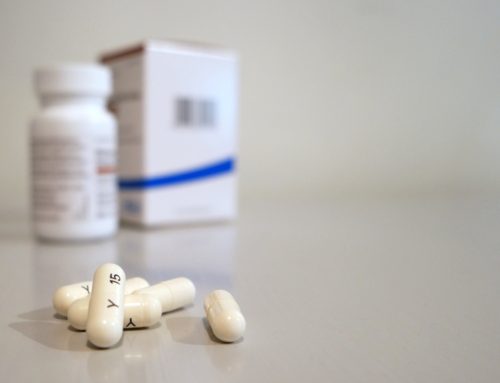Clinical depression doesn’t have a singular cause; it’s a function of a complex interplay of genetics, biology and the environment that isn’t wholly understood. Major depression and bipolar disorder simply don’t need an excuse to ruin your day. However, some factors that can trigger a depressive episode or make ongoing depression much worse. Everyone has particular vulnerabilities that open them up to feeling much worse. When you identify your unique triggers, you will cope better.
Here are some of the most common depression triggers:
High Stress
Stress happens to us all, but when it’s overwhelming or goes on too long, it can provoke depression. Stress leads to the body’s overproduction of cortisol, which normally helps the body in fight or flight situations. However, cortisol also keeps the body over-energized and prevents us from relaxing. A person whose body is full of cortisol is always overtaxed¹.
Entire books are devoted to stress reduction, but a few simple ways to shed some stress include communication, delegation, and relaxation. Let people know that you’re overtaxed. Ask for help completing tasks and turn some of those chores over to others. It’s easy to say relax or make time for relaxation when you’re jittery with stress, but it’s still essential.
Poor Sleep
Depression can paradoxically cause too much sleep or too little. Depression always seems to disrupt sleep. Many people with depression can tell that their mood is worsening when they experience insomnia². Insomnia tends to be a powerful predictor of a downturn in mood.
Have a sleep routine or “sleep rituals” and stick with them. Go to bed at the same time every evening; get up at the same time. Consistency trains your body to start throttling back and preparing to slip into a restful slumber. Avoid caffeinated beverages within four hours of your bedtime, minimize your food intake, and reduce your exposure to blue light from mobile devices in the hours before bedtime.
Too Much Toxic Media
Even a quick look at the daily news can be enough to send one’s mood spiraling downward. We have to face it: this is an age that’s drawn to negativity and the ugliest parts of daily life are displayed for all to see. It is literally depressing. As with so many other things in life, it’s often not the news but its presentation that can make things worse. Consider taking a break from hours spent on taking in news and infotainment. Set yourself a limit to catch the headlines and move on. A ‘get in and get out’ approach can minimize exposure to the corrosive rain of bad news and worse.
Toxic People
Some people try to be difficult while others can’t help it. Often our lives just don’t allow us to pick and choose when we have to be around them, but for those times we can choose not to deal with people who bring us lower, we should leave those people along. Taking an inventory of the people in our lives and their effects on us is a good use of time. Consider those people we love—but from a distance. We have a choice in whether or not we expose ourselves to them, and if we are putting our already tenuous mood in the hands of people who have no insight and little care for us, we need to rethink our friendships. It’s not selfish to take care of yourself. Doing anything that makes your depression worse isn’t being a friend, it’s wallowing in masochism.
If you’ve been having trouble with depression, consider visiting with a mental healthcare professional. Damaris Aragon, ARNP, BC provides a full spectrum of mental health care to people in Spokane, Washington and surrounding areas. She focuses on providing personalized, compassionate care that adheres to current evidence-based standards. Reach out to Damaris through her contact page or calling 509-342-6592.
¹ https://sites.dartmouth.edu/dujs/2011/02/03/the-physiology-of-stress-cortisol-and-the-hypothalamic-pituitary-adrenal-axis/
² https://www.sciencedirect.com/science/article/abs/pii/S0165032702000721




